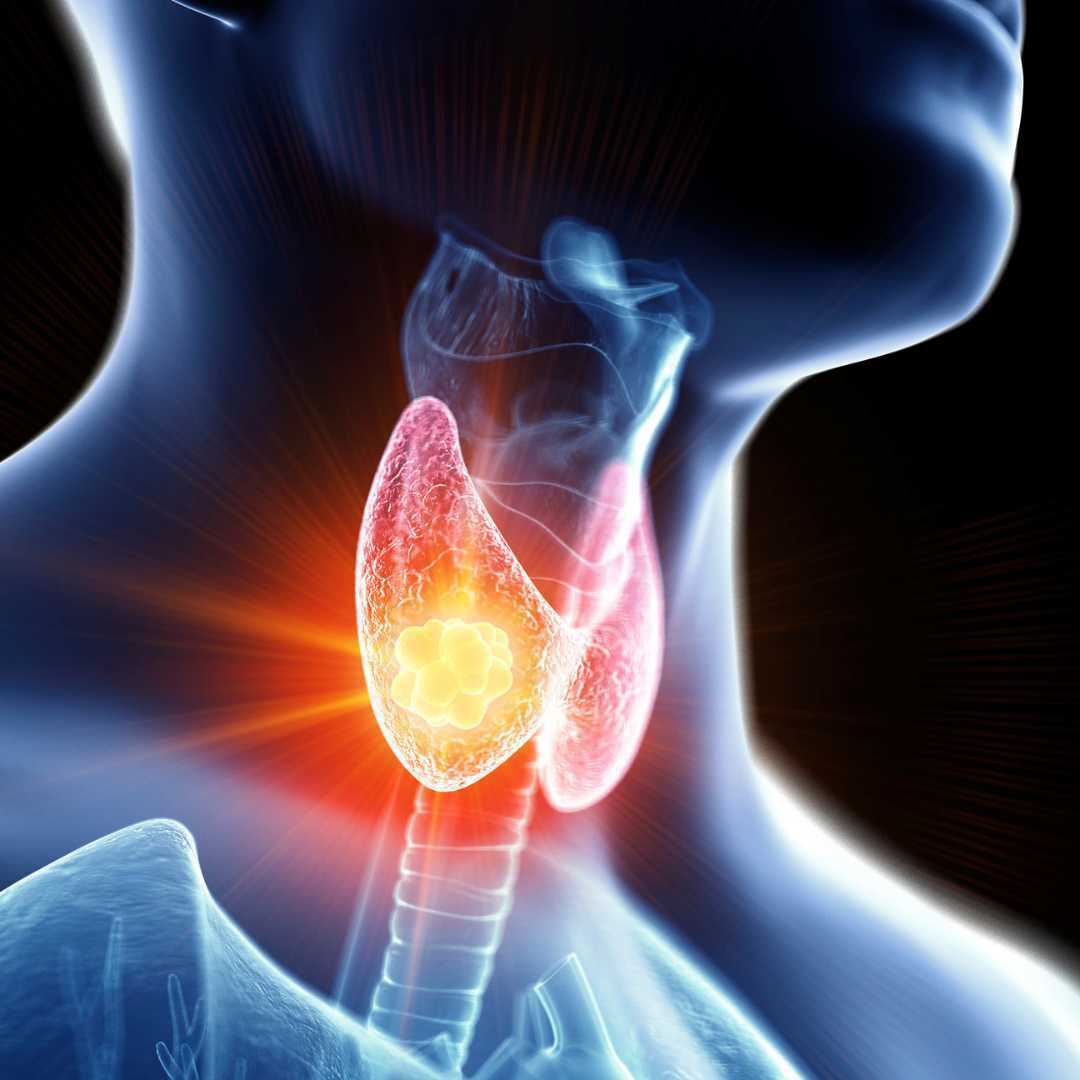The Thyroid Gland- An Introduction

Thyroiditis, Goiter, and Thyroid Nodules: A Comprehensive Guide to Symptoms, Causes, and Treatment of Thyroid Swellings
This blog series comprehensively explains thyroiditis, goiter, and thyroid nodules.
Discover the causes, symptoms, and treatment options for these conditions that affect the thyroid gland.
Learn about the importance of monitoring thyroid inflammation and thyroid hormone levels.
Introduction: Understanding Thyroid Health and Common Thyroid Conditions:
The thyroid gland is a small butterfly-shaped organ located in the neck that produces hormones that regulate the body's metabolism. It plays a vital role in maintaining overall health and well-being. However, several conditions can affect the thyroid gland, leading to thyroid swellings.
The most common thyroid conditions include thyroiditis, goiter, and thyroid nodules. Thyroiditis is an inflammation of the thyroid gland that can cause pain, tenderness, and difficulty swallowing.
The Importance of the Thyroid Gland:
The thyroid gland produces hormones that regulate the body's metabolism, including the metabolism of carbohydrates, proteins, and fats.
These hormones also help to regulate the body's temperature, heart rate, and overall growth and development.
When the thyroid gland produces too little or too much of these hormones, it can lead to several health problems.
An underactive thyroid (hypothyroidism) can cause fatigue, weight gain, and depression, while an overactive thyroid (hyperthyroidism) can cause weight loss, nervousness, and a rapid heartbeat.
It's important to maintain a healthy thyroid gland and to diagnose and treat any thyroid conditions early, as they can lead to more serious health problems if left untreated.
This is why it is essential to be aware of the common thyroid conditions, their symptoms and causes, and the treatment options available.
This blog series will explore these conditions in more detail and provide the information you need to maintain optimal thyroid health.
The Thyroid Hormone:
The thyroid gland produces two main hormones, triiodothyronine (T3) and thyroxine (T4), which are essential for the body's metabolism and overall health.
These hormones are regulated by a feedback loop involving the hypothalamus, pituitary gland, and thyroid gland. The hypothalamus releases thyrotropin-releasing hormone (TRH), which stimulates the pituitary gland to release thyroid-stimulating hormone (TSH). TSH then stimulates the thyroid gland to produce T3 and T4.
Thyroid Hormone Levels: Importance and How to Monitor:
Monitoring thyroid hormone levels is an essential aspect of maintaining overall thyroid health.
A blood test called a thyroid function test is used to measure the levels of T3 and T4, as well as TSH. Abnormal levels of these hormones can indicate a thyroid disorder, such as hypothyroidism or hyperthyroidism.
It is essential to monitor thyroid hormone levels in people who have thyroid disorder symptoms, have a family history of thyroid disorders, have other health conditions that can affect the thyroid gland, or are taking medications that can affect the thyroid gland. Regular monitoring of thyroid hormone levels is also necessary for people being treated for a thyroid disorder to ensure that their treatment is effective.
If your thyroid hormone levels are abnormal, your doctor may order additional tests to determine the cause and develop an appropriate treatment plan.
Treatment options may include medication, surgery, or lifestyle changes. It is also essential to work with your healthcare provider to regularly monitor your hormone levels to ensure that your treatment is working and make any necessary adjustments.
Keep following this blog series for more information on Thyroid Gland & Thyroid Disorders.


